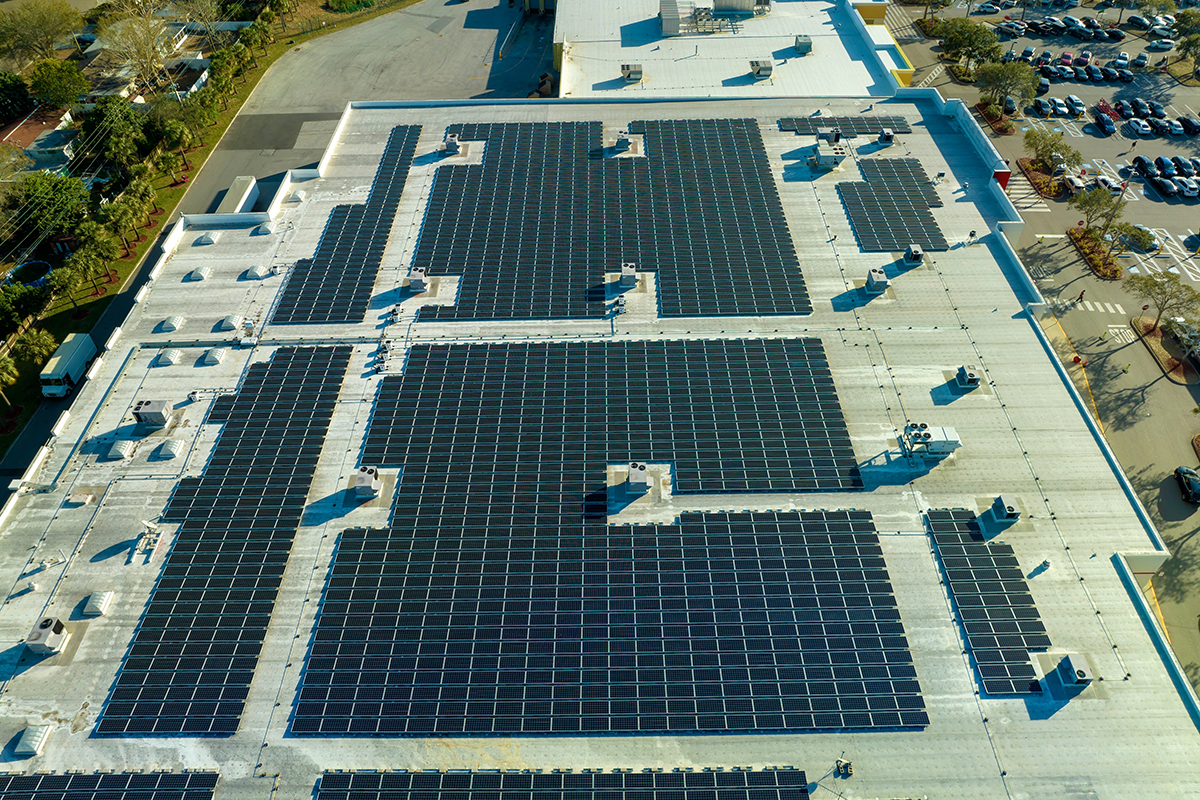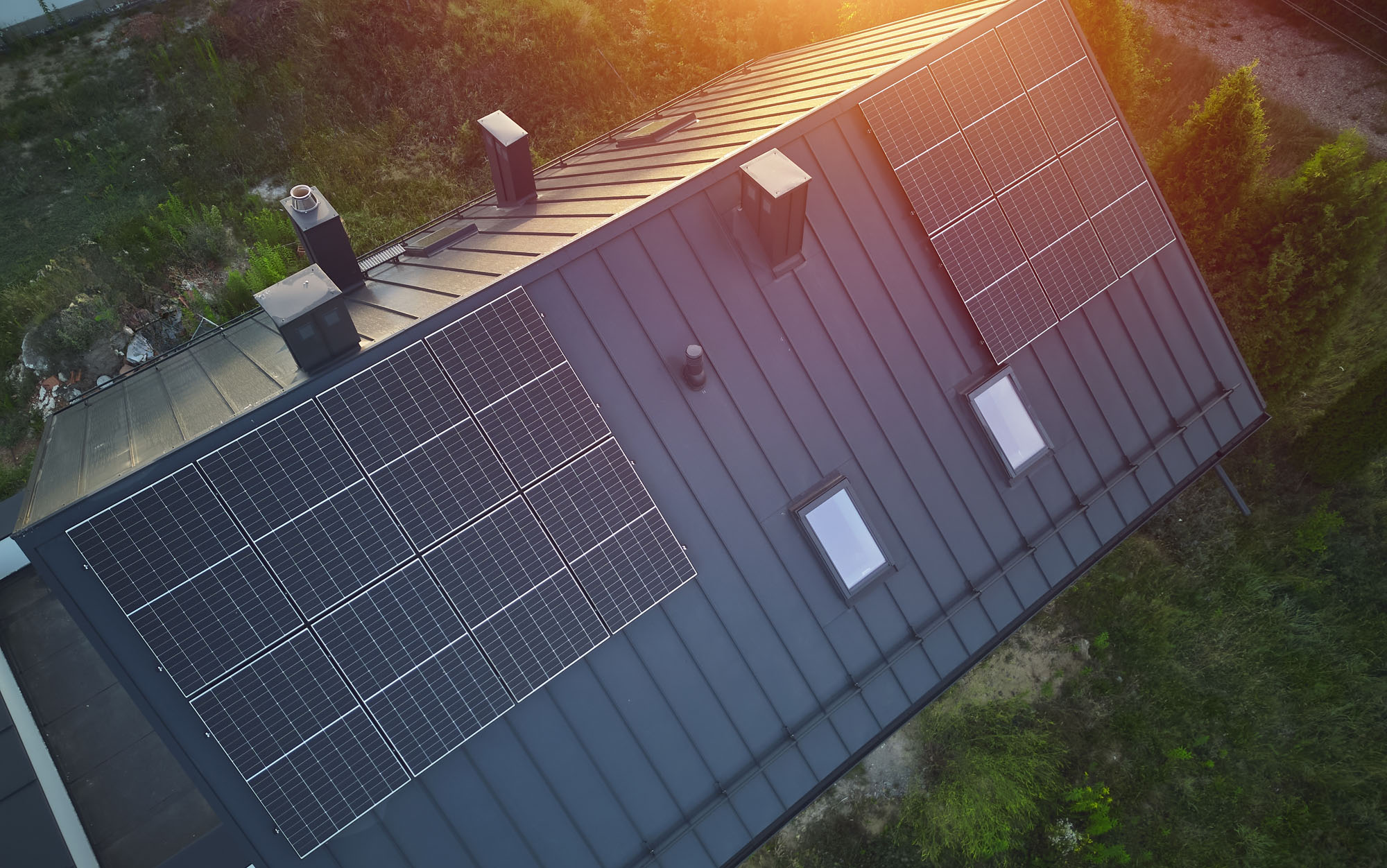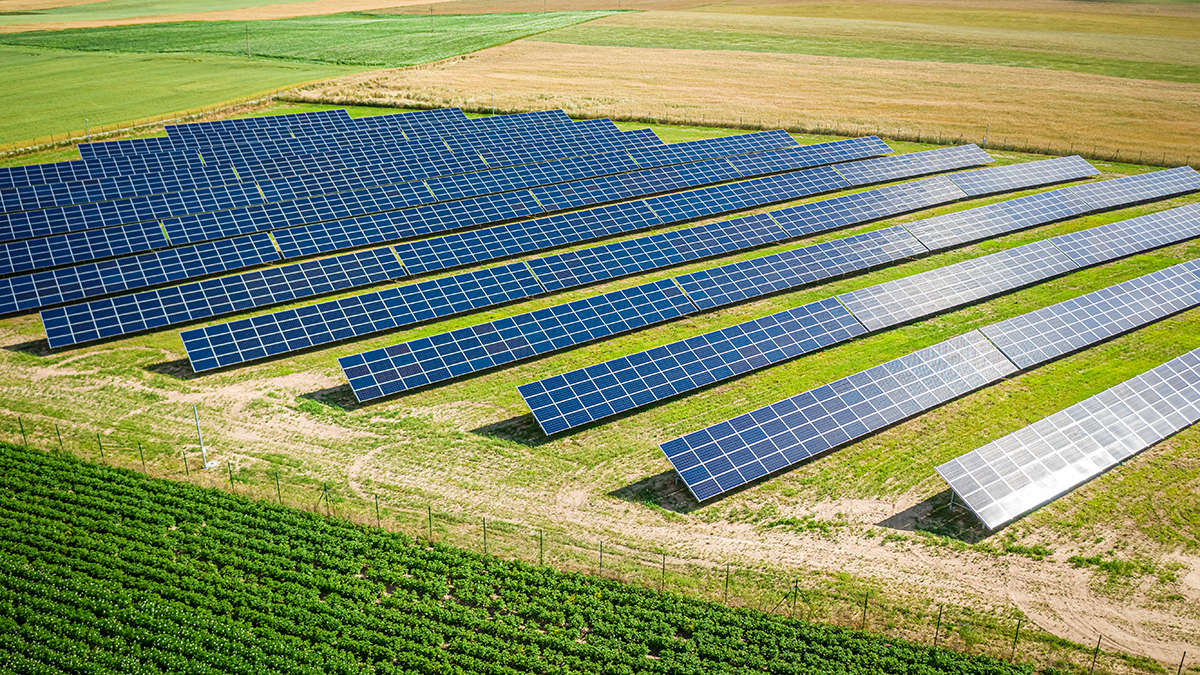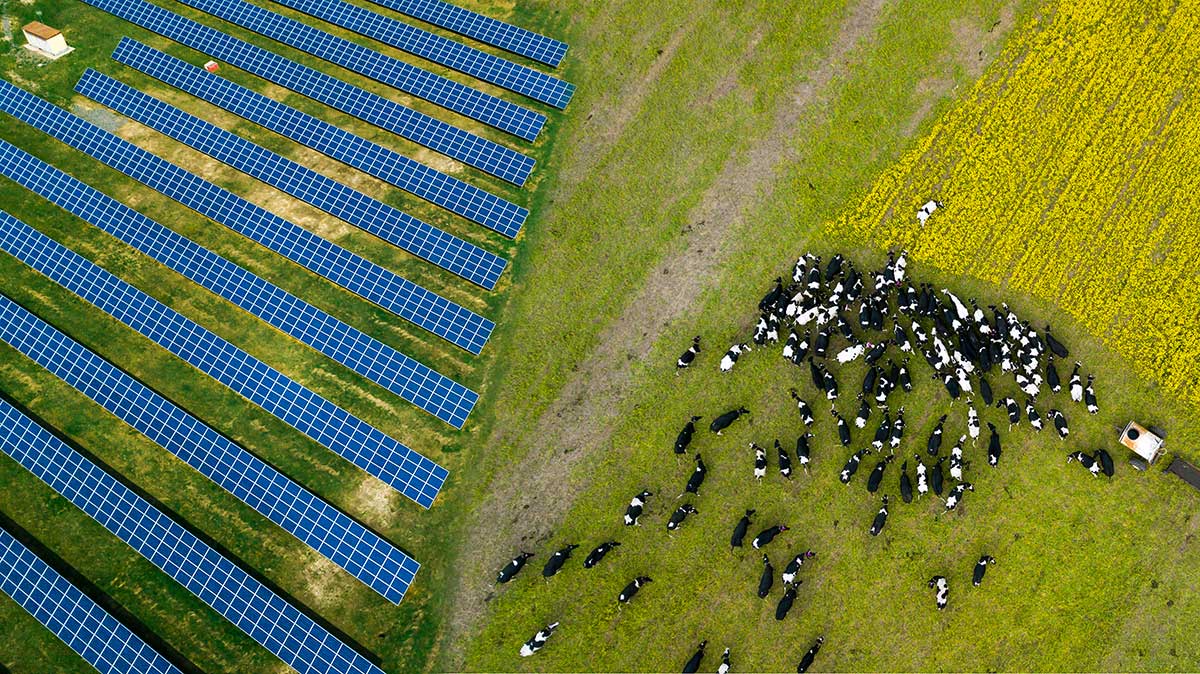There are multiple sources of grants and other financial assistance to help with the cost of installing commercial solar panels on businesses, farms, community and public sector buildings.
The primary source of grant funding for commercial solar panels is the SEAI Non-Domestic Microgen Scheme which provides up to €162,600 for businesses and many other buildings which are not homes to install solar panels.

The key takeaways:
Table of Content
SEAI Grants for Commercial Solar Panels
The SEAI operates two main schemes which can provide grant funding for commercial solar panels. These are the Non-Domestic Microgen Grant Scheme and the EXEED Grant Scheme.
The Non-Domestic Microgen Grant Scheme can provide up to a maximum of €162,600 specifically for the installation of commercial solar panels.
The EXEED Grant Scheme offers a maximum of €3 million for companies carrying out massive energy efficiency improvements to an existing or new premises, which can include measures such as solar panels.
Non-Domestic Microgen Grant Scheme
The Non-Domestic Microgen Grant Scheme is the main source of funding for commercial solar panels from the SEAI, offering grants of up to €162,600 for the design, purchase, and installation of solar PV systems.
The scheme offers grants on based on the kilowatt-peak (kWp) power of the solar PV system, up to a maximum of 1,000kWp (1MWp). For systems larger than this the grant is capped at a maximum of €162,600.
The Non-Domestic grant for commercial solar panels is open to:

Non-Domestic Microgen Grant Values
The Non-Domestic Microgen grant is paid out per per kilowatt hour peak (kWp) of the solar panel system installed on the premises, with different brackets of how much each kWp is worth depending on the size of the solar PV system.
| Solar Panels Installed Capacity | Grant Paid per kWp Capacity |
| 0 – 2kWp | €900 |
| 2.1kWp – 4kWp | €300 per kWp |
| 4kWp | €2,400 maximum |
| 5kWp | €2,400 maximum |
| 6kWp | €2,400 maximum |
| 7kWp – 20kWp | €300 per kWp |
| 21kWp – 200kWp | €200 per kWp |
| 201kWp – 1,000kWp (1MWp) | €150 per kWp |
For example, a 20kWp solar PV system would be awarded a grant totalling €6,600. Further examples of prospective grants for different sized solar panel systems can be seen below.
| Solar Panel System Size | Total Grant Value |
| 3.5kWp | €2,250 |
| 8.5kWp | €3,150 |
| 17kWp | €5,700 |
| 32kWp | €9,000 |
| 50.5kWp | €12,700 |
| 107kWp | €24,000 |
| 185.5kWp | €39,700 |
| 315kWp | €59,850 |
| 511kWp | €89,250 |
| 647kWp | €109,650 |
| 882kWp | €144,900 |
| 957kWp | €156,150 |
Community Grant Scheme
The Community Grant Scheme is designed to support large projects promoting energy efficiency upgrades to a wide range of buildings of multiple uses in the community in question.
In order to qualify for this grant scheme upgrades such as solar panels must be installed on multiple buildings with different uses in the community.
The scheme aims to make local businesses more competitive by reducing energy costs, as well as making homes more comfortable for people to live in.
Buildings and organisations which can receive funding for solar panels under this scheme include:

Installing solar panels and other renewable energy solutions are some of the measures supported along with upgrades to the fabric of buildings and improved heating and control systems.
The entire process is managed by a single Project Coordinator chosen from the SEAI’s approved list. Once involved they will submit the proposed project, handle the grant application, and have the works carried out.
Other Grants & Financial Supports for Commercial Solar Panels
Aside from SEAI grant schemes, there are more sources of grant funding and financial assistance for commercial solar PV projects compared with home solar panel grants. They also tend to come with a higher level of grant payment in line with the larger scope of the projects.
EXEED Grant Scheme
The EXEED Certified Grant provides up to €3 million in funding for businesses carrying out large scale energy efficiency projects aimed at improving existing premises or providing the highest standard for new developments.
The Excellence in Energy Efficiency Design (EXEED) Standard is meant to help businesses optimise their energy performance, reduce operating costs on heat and electricity, improve their competitiveness by cutting those costs, and promote sustainability.
Commercial solar panels are an eligible upgrade under the EXEED Grant Scheme. However, renewable energy systems such as these are only considered after energy efficiency improvements to the building fabric and systems have been addressed first.
The EXEED Scheme in its current form is open for applications until December 31, 2024.
Solar Panel Grant for Irish Farms
The Solar Capital Investment Scheme is a grant aid programme providing up to €90,000 for solar panels on Irish farms under the TAMS 3 programme.
The grant scheme is operated by the Department of Agriculture, offering up to 60% of the funding for solar PV system installation on Irish farms, up to a maximum of €90,000.
This grant, which is part of the Targeted Agricultural Modernisation Scheme III, is meant to encourage the usage of renewable energy on farm holdings and lower the carbon footprint of the agricultural sector.

How to Apply for Solar Grant for Farms
Applications for the Solar Capital Investment Scheme grants for farm solar panels must be made online through the online portal at agfood.ie. Manual applications will not be accepted by the Department.
The following documents are required to make an application for this grant:
Applications are assessed on the following criteria:
The solar panels must be installed and the grant claimed within 12 months of the grant being approved.
Accelerated Capital Allowance
The Accelerated Capital Allowance is a tax break meant to encourage businesses to invest in energy efficient equipment and technologies by allowing them to write off the cost against their profits.
Based on the existing ‘Wear and Tear’ Allowance, the ACA allows businesses, farmers, and sole traders to deduct the cost of certain energy efficient equipment from their taxable profits that year.
This includes renewable energy technology such as solar panels, inverters, and solar thermal panels.


